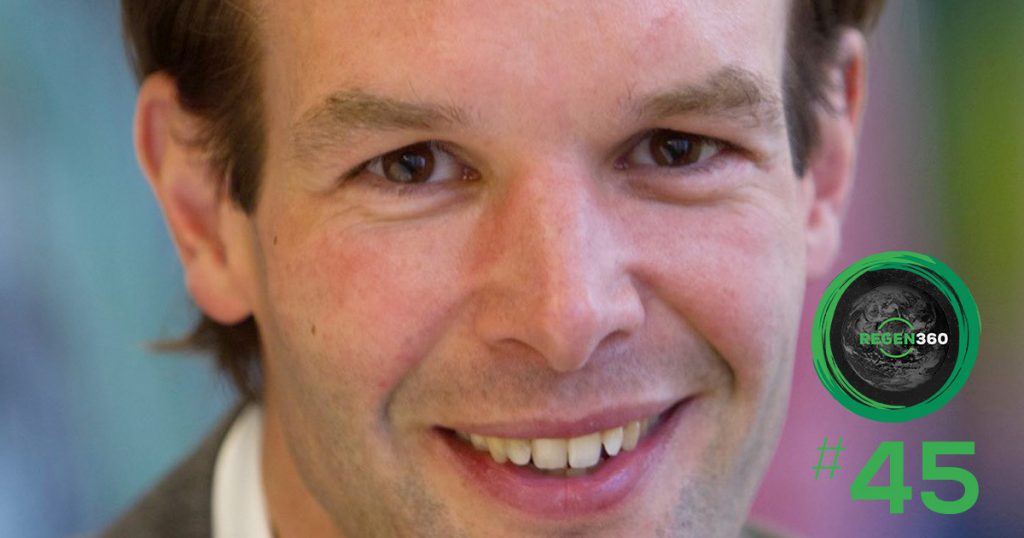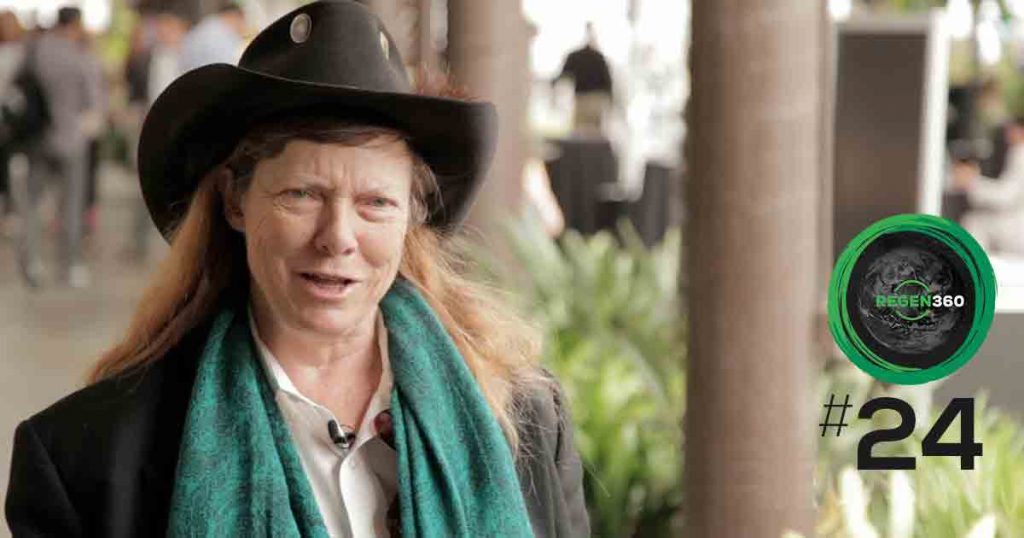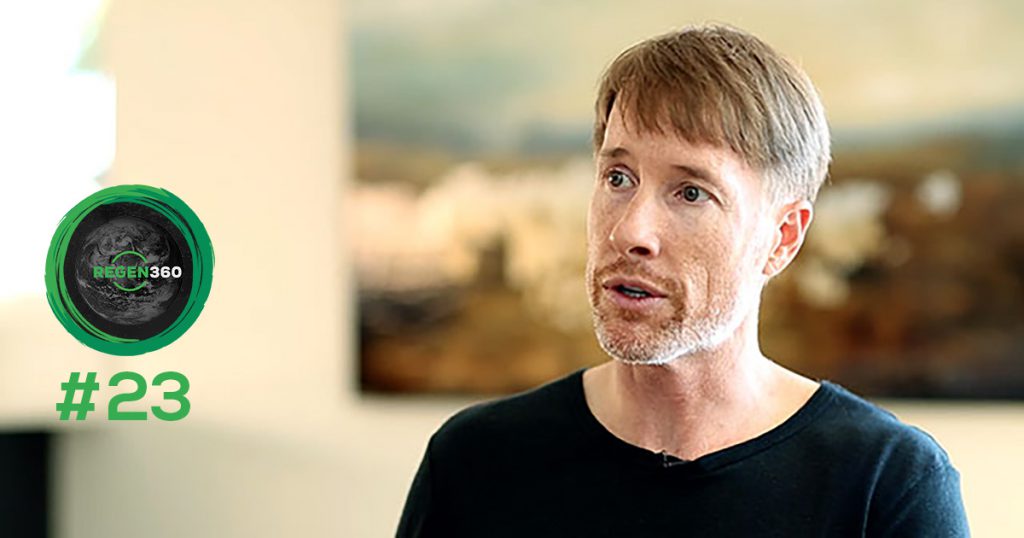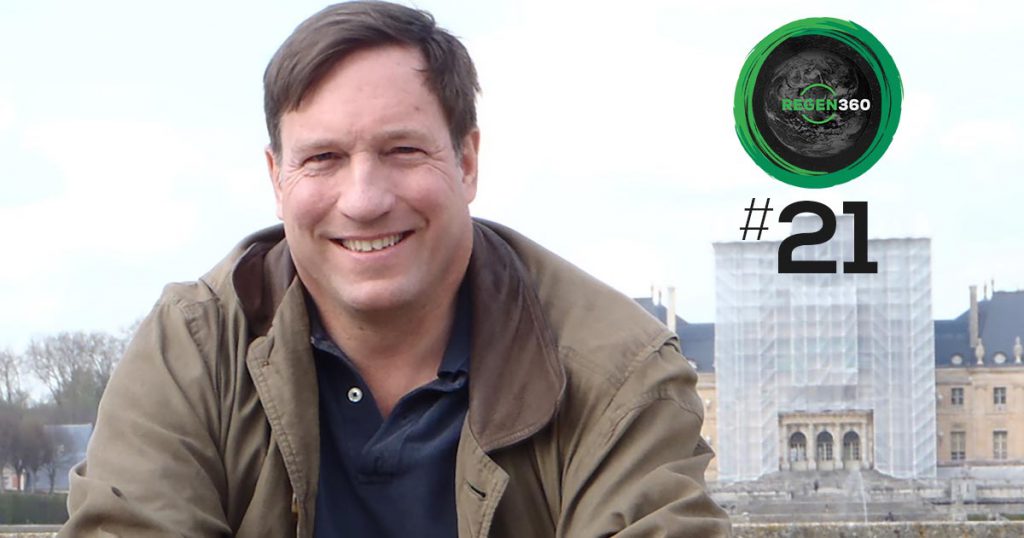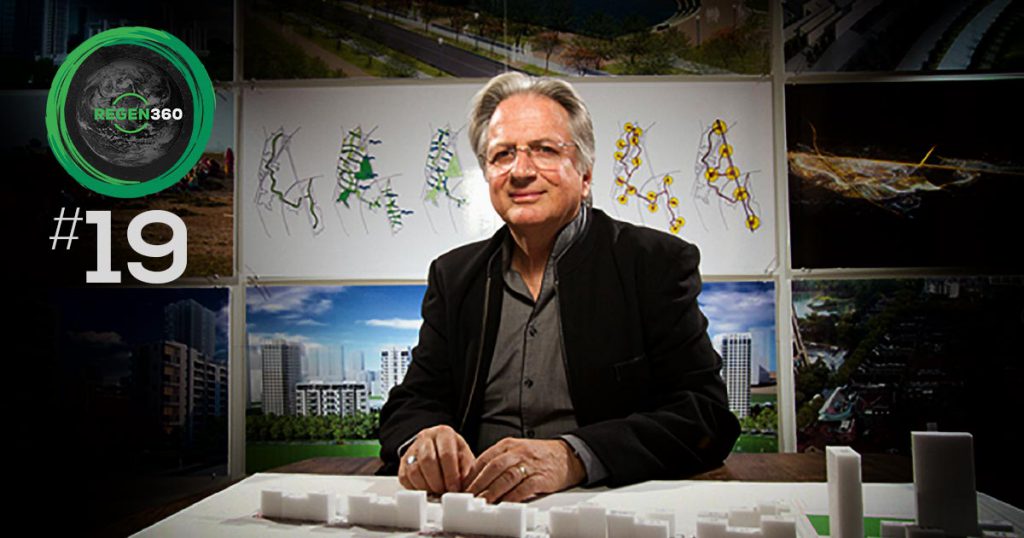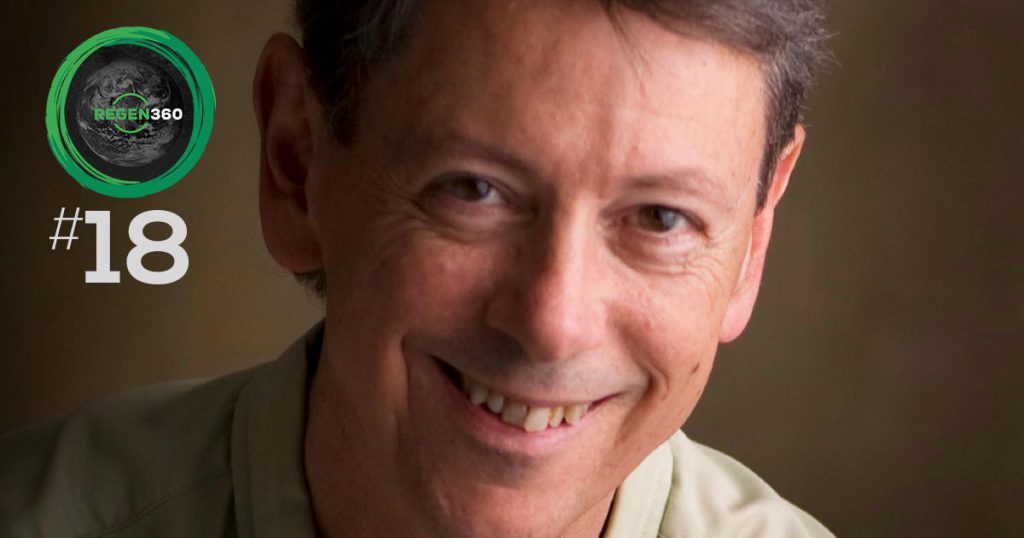Posts Tagged ‘green living’
How to Build a Movement to Change the World
In 1993, David Gottfried had a vision that he wanted change the world, and so he started the U.S. Green Building Council to promote sustainable building. USGBC is the owner of the LEED Green Building Rating System, which is in over 160 countries, and the largest rating system in the world. Next Gottfried founded the…
Read MoreLet’s Celebrate World Green Building Week!
This week we’re celebrating World Green Building Week. For me, it’s a time to reflect, celebrate and renews my sustainability commitments. It’s hard to believe it’s almost two decades now since I stood on that stage in Tokyo on Earth Day 1998 and proclaimed by vision to found a UN of country green building councils.…
Read MoreEpisode 45 Sander Paul van Tongeren
I’ve long believed that if you want to boost global sustainability, then work on greening real estate – our buildings and homes. The impact is vast in terms of energy, water and materials consumption, and health of occupants and the planet. GRESB is a nonprofit based in Amsterdam [and is a subsidiary of the GBCI]…
Read MoreEpisode 24 Hunter Lovins
I remember the first time I met Hunter Lovins. We were on a joint trip to China, invited by a group sponsored by the mayor of Shanghai. Our mission was to help brainstorm the future sustainability of a city that wanted to double in size in about ten years, adding the equivalent density of San…
Read MoreEpisode 23 Alan Christianson
A few years ago I was in the Caribbean at a business mastermind. On the first morning, I woke up early and took a long walk on a pathway along the sparkling ocean. Just as I was hitting stride about a mile from the hotel, I was startled by an exuberant call. “Excuse me!” I…
Read MoreEpisode 21 Bill Browning
I remember the first time I heard Bill Browning speak. It was in 1991 at the AIA convention in Boston. Initially, I was sitting in the rear, but I moved to the front row after he’d started so that I could catch every word. Bill is a bit soft spoken and speaks at his own…
Read MoreEpisode 19 Peter Ellis
Every so often you meet someone who just blows your mind. At first, you don’t think they’re for real, but then you realize that such an extraordinary human being actually does exist. I first met the renowned architect Peter Ellis about twenty years ago. His firm at the time, SOM Architects, had asked me to…
Read MoreEpisode 18 Rick Hanson
What is your most important organ that you take for granted? We worry about our weight. Many of us stretch and do yoga for flexibility. We meditate for reducing stress. We try to limit carbs, sugar, and GMOs for our health… But what about our brains? In this week’s Regen360 iTunes podcast show we dive…
Read More


